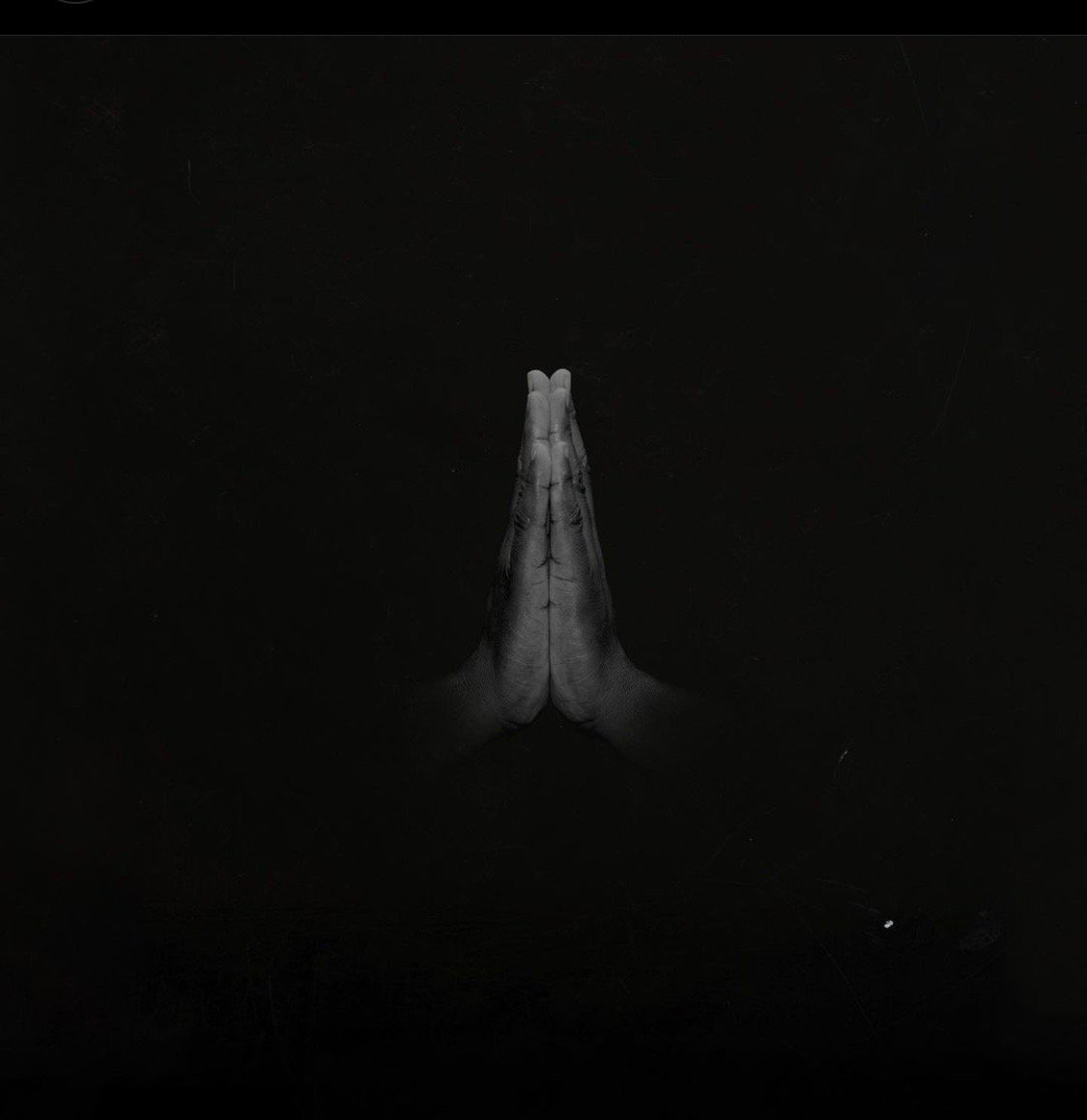Does Anonymity Still Have a Place in Modern Music?
The music industry is no stranger to anonymity, but the age of the veiled artist has been in decline. In the past, popular groups like Gorillaz, Daft Punk and the legendary MC MF Doom masked their identities and altered their stage personas to add mystery to their work. However, the modern obsession with celebrity culture has made these masks less prevalent. Our media-driven society’s interactions with music have become less about the work itself and more about the person behind it. The consumer is no longer content with the listening experience that the artist provides. They want to know the ins and outs, the ups and downs of their personal lives. Few artists have been bold enough to reject the modern pop star image, but those that do – like Sault and Godford – are making waves in the industry.
Godford is an up and coming DJ in the Parisian rave scene. All that’s known about the elusive artist is that the created persona is a side project of a major French electronic artist. They felt that the music produced under their real identity was becoming inauthentic and wanted to expand their creative outlet behind a mask. The mask itself, with the googly eyes of different shapes and sizes, reflects Godford’s intentions with their music – they are shifting the focus on you, the listener. Godford believes that their anonymity allows them “to let the range of emotions the music elicits guide the project” and that the music is “defined by the listener's experience rather than the often-distracting ego of modern artistry.” Godford’s point here is that a song’s meaning becomes more personal to the listener when the artist removes their own identity. Without a name or an “I” to attach to them, songs like “Say My Name” and “Do What I Feel” are directed at your own identity, experiences and emotions. The listening experience is much more introspective and intimate than if we knew the “I” behind it all. Godford’s sophomore album I You She is gaining recognition because of the intimate listening experience created by their anonymity. One reviewer noted that the album’s “far-reaching lens loops together a scope of conflicting emotions that reflects the deeply personal circumstance of experiencing music at its most intimate core.”
The mystery British soul-funk collective Sault uses anonymity in a far different way, spurring a much different effect on the listener than Godford’s curated intimacy. The only three known members of Sault are producer Inflo, singer-songwriter Cleo Sol and rapper Kid Sister. All other members remain behind the curtain, uncredited on any of Sault’s projects. The collective does no interviews, and their social media presence is minimal, only posting a few snippets of their work and album covers like the one above. Sault’s anonymity disturbed the status quo in 2021 during the rollout of their latest album, Nine. The album was released on June 25 and disappeared from all platforms 99 days later. In this case, Sault doubles down on anonymity by concealing their work on top of their identity. The “self-destructing” album touched on the “struggle to find stability” and the fleeting nature of emotions and life in general. Sault’s mysterious move was an act of rebellion to the modern listening experience in the age of streaming platforms. With the dawn of services like Spotify, art consumption has been reduced to a succession of thumb movements. Nine’s disappearance reminds us that art is sacred and urges the listener to take a more active approach to listening and supporting artists.
Although Sault and Godford’s anonymity function in different ways, both artists remind the listener of their agency. Godford’s mask allows us to derive our own personal, deeply intimate meaning from the emotion that their work elicits. Sault’s secret work compels us to reconsider our modern listening habits, go out, and support the artists we love. Even though fewer and fewer artists are choosing to remove themselves from their work, anonymity still has a very meaningful and powerful place in modern music. It comforts me knowing that artists like Sault and Godford have the courage to exist in the shadows.
Give Sault and Godford a listen. They’re really good, whoever they are.
Strike Out,
Writer: Shane Stanton
Editors: Natalie Daskal, Will Kennedy, Kimani Krienke, Mary Clare Cameron
Writing Director: David Kramer
Blog Director: Helenna Xu
Notre Dame



